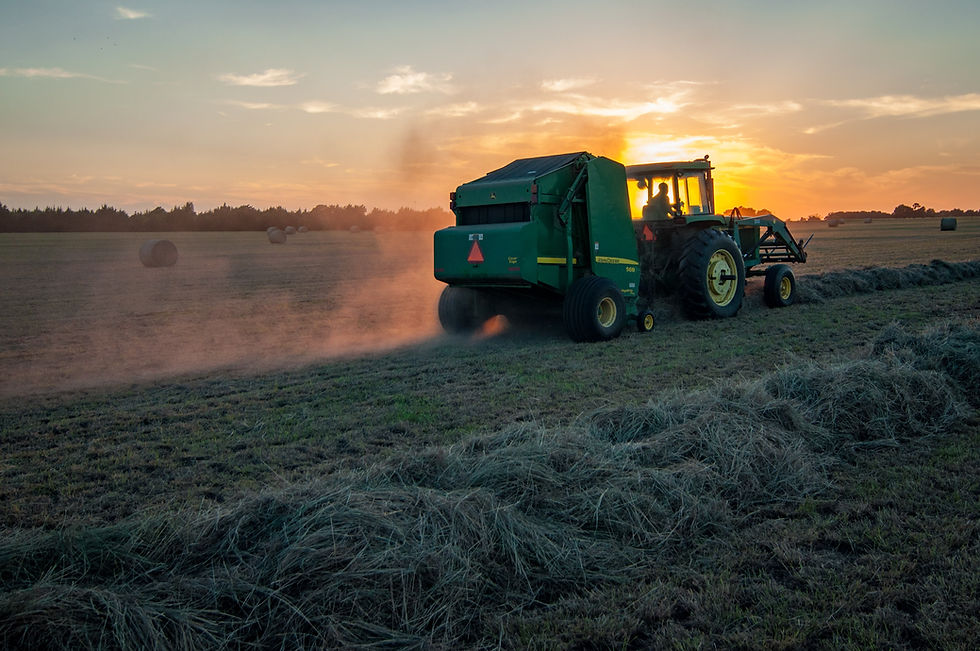A Farmer's Perspective on the Sustainable Groundwater Management Act
- Matt Scheidt
- Jan 9, 2022
- 2 min read
Updated: Mar 10, 2022
Water conservation may seem good on paper, but how will this act impact the people?

Focus groups were conducted with Yolo County farmers to see what their expectations/opinions were on the Sustainable Groundwater Management Act passed in 2014. The conductors of the focus groups were able to break down these expectations and opinions into four groups: regulatory design, definition of sustainability, potential policy mechanics, and farmer involvement.
Regulatory Design
For regulatory design farmers wanted to be involved in the design. They wanted the regulatory design to be created so it made common sense among themselves. It is easy for someone with a college degree to write out solutions to these problems, but be unaware of how they actually play out. Farmers want the creators of these solutions to really be cognizant of how it affects them. Farmers also recognize that different areas of the state have different crops, livestock, weather, water conditions, etc. so they want the SGMA to take this into account. There is not a one size fits all solution to what is happening in the agriculture industry, so going out and speaking to different localities is important. Finally, the regulation of water sources requires knowledge from both farmers and scientists. They need to share their expertise on how the water systems work in order to properly create effective changes.
Definition of Sustainability
Farmers believed that it was urgent that sustainability be defined because not all farmers believed that decades from now there would be accessible groundwater. Some farmers also shared the belief that not all water uses should be deemed as equal. For example, someone who is planting crops in order to provide financially for their family and feed families across the nation has a higher priority than someone who wants a really green lawn.
Potential Policy Mechanics
Some current policies in place hinder farmers' ability to conserve water, and the introduction of new policies could aid in the conservation of water. For example, some energy contracts that farmers have require them to pump underground water, even when surface water is available. Additionally, there is a lack of policy ensuring that surface water is clean, making it unusable for creating food. Some farmers even suggested restrictions on drilling new wells or the planting of crops that demand a large amount of water such as almonds. Another idea some farmers had was a label for the products of farmers who had good water practices.
Farmer Involvement
Farmers were concerned that getting the policymakers of the state involved could hurt their family business. The government is disconnected from the true impact that some laws could have on small farms. For this reason, the farmers agreed that they should work together as locals to create sustainable water consumption practices. However, if policies were going to be made the farmers said that they would like to somehow be included due to a lack of representation.
Source
Niles, Meredith T., and Courtney Hammond Wagner. “Farmers Share Their Perspectives on California Water Management and the Sustainable Groundwater Management Act.” California Agriculture (Berkeley, Calif.), vol. 72, no. 1, Division of Agriculture and Natural Resources of the University of California, 2018, pp. 1–6, https://doi.org/10.3733/ca.2017a0040.


Comments